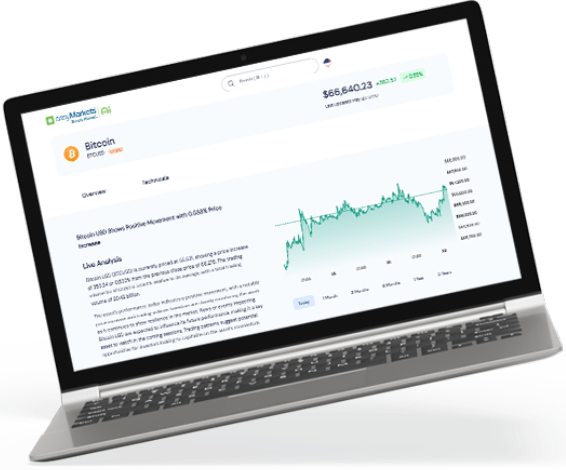Trading Live vs Trading Demo
Beginner forex traders are often encouraged to open a demo account first before risking real money on a live account. This way, they can put their newly learned skills to the test, try out various strategies, and get a feel of market conditions and trade execution without the risk of losing actual funds.
But if you've dabbled with a demo account for some time, how can you tell if you're ready to open a live one? Here are some signs to consider:
The first important consideration is whether or not you've come up with a solid trade strategy that you've tested and are comfortable with. This should outline which time frames and currency pairs you'll be watching, which technical indicators and parameters to apply, and entry and exit conditions. Of course it's also important to establish a bit of track record in using this strategy, as consistency profitability may give you enough confidence to stick to this trade plan even with real money on the line.
Another thing to remember is that you need to have a well-defined risk management plan before opening a live account. This can span conditions like the percentage of your account to risk per trade or on a total of trades, how long to keep positions open, or the maximum amount of positions you can open at a time.
If you're disciplined enough to follow these rules throughout your demo trading experience, you stand a stronger chance of managing your risk well with a real forex account. After all, seeing those potential losses or gains can cause emotions such as greed or fear of losing to complicate your decision-making process.
For a lot of traders who've just transitioned to live trading, the temptation to deviate from their trade strategy or risk management plan is much larger compared to demo, so you have to put in more effort to stay level-headed and not get overwhelmed by the pressure to make money. Potential losses can spring from overtrading or drastically increasing your risk just to chase larger returns or make up for funds you've lost.
This brings us to the next factor, which is being able to maintain your cool even if you are losing your trades or suffering a large drawdown. Staying on top of your emotions is no easy feat, but this can be developed in a few months of demo trading.
Lastly, it's also important to ensure that you are comfortable working with your forex broker and have a good understanding of how the trading platform works. This ensures that, in case any errors happen, you can be able to troubleshoot the problem or easily contact customer support to get help. After all, you've got your hard-earned funds on the line so it's necessary that you're trading with a broker that you trust.














